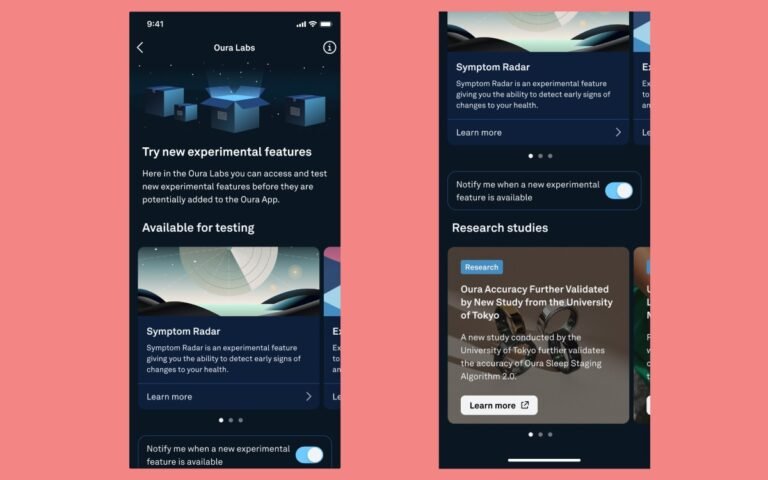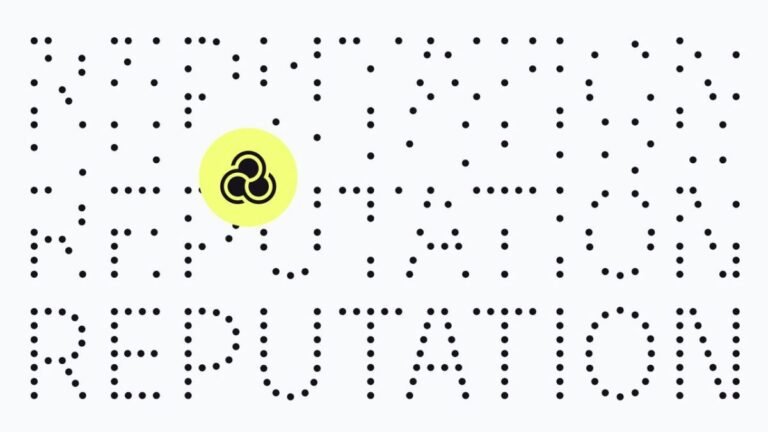
It may seem like a paradox to have virtualized Kubernetes clusters.
Loft Labs saw a similar problem with resource utilization in Kubernetes clusters that VMware saw with server utilization, and has built a virtualization tool to make them more efficient by sharing common underlying applications.
Loft Labs lets users share these common applications with multiple virtual clusters in the same way that VMs share server resources.
“We’re essentially turning many clusters into one cluster, and then have virtual clusters on top of the common applications,” CEO Lukas Gentele told TechCrunch.
And the thing that we learned was the problem of sharing Kubernetes clusters, isolating tenants in the cluster and how hard it is.

Like many immigrants, the New York City skyline was one of the first sights young brothers Edi and Etrit Demaj took in when they arrived in the U.S. over 20 years ago.
“The first building that we saw was the Empire State Building,” Etrit recalls.
The Demaj family soon settled in Detroit, where the brothers completed their education and started various companies, including their latest, Kode Labs, which integrates and automates various systems in commercial buildings — including the Empire State Building.
When the Demaj brothers founded Kode in 2017, they sought to bring building management into the cloud era.
The brothers liken it to an OS that integrates building systems like a computer OS integrates various circuit boards.

Smart ring manufacturer Oura is introducing a new section in its app called Oura Labs to test out new features and get user feedback.
Oura said that Symptom Radar will monitor biometric signals such as body temperature range, respiratory rate, resting heart rate, and heart rate variability.
“Oura Labs is our approach to recreate internal engagement for new features with users in a structured and formal way.
Users will get to see a lot of early-stage ideas in Oura Labs,” Patel said.
Users can provide direct feedback about these experimental features along with general feedback for the product through Oura Labs.

Increasingly, the AI industry is moving toward generative AI models with longer contexts.
Ori Goshen, the CEO of AI startup AI21 Labs, asserts that this doesn’t have to be the case — and his company is releasing a generative model to prove it.
Contexts, or context windows, refer to input data (e.g.
Trained on a mix of public and proprietary data, Jamba can write text in English, French, Spanish and Portuguese.
Loads of freely available, downloadable generative AI models exist, from Databricks’ recently released DBRX to the aforementioned Llama 2.

0G Labs, a web3 infrastructure firm,” has raised $35 million in a pre-seed round, the team exclusively told TechCrunch.
“In order to build the basic technology, we wanted to raise $5 million, originally,” said 0G co-founder Michael Heinrich.
0G, sometimes called ZeroGravity, is creating a modular AI blockchain that aims to alleviate the pain points of on-chain AI applications in the web3 ecosystem, like speed and cost efficiency.
On-chain AI and gaming requires a fast data pipeline.
It also plans to enable new use cases and things that were not possible before like on-chain AI, on-chain gaming and high-frequency decentralized finance (DeFi).

Astera Labs started its life as a public company trading at $52.56 per share, up 46% when the bell rang.
Astera Labs makes connectivity hardware for cloud computing data centers.
Astera Labs’ IPO price valued it at around $5.5 billion, a figure that swells to around $8.9 billion at its current trading price.
The strong performance of Astera in its first hours as a public company could also ameliorate some investor activity that is holding back, or even preventing some public offerings altogether.
If VCs know that the startup could pop on the public market like Astera Labs, maybe they will think about the timeline differently.

Hello, and welcome back to Equity, the podcast about the business of startups, where we unpack the numbers and nuance behind the headlines.
This is our Wednesday show, focused on startup and venture capital news that matters.
Today we have a grip of startup stories, and a venture capital item that isn’t as bad of news as it seems at first blush.
Listen here or wherever you get your podcasts.
Here’s the rundown:

Astera Labs IPO will reveal how much investors want in on AI Startups with an AI angle would do well to pay attentionWhile the technology world breathlessly awaits Reddit’s public debut, another company you might never have heard of is about to go public: Astera Labs.
While Reddit’s IPO could do well from investors looking to buy a well-known social media company that has an interesting, burgeoning AI data business, Astera Labs is an AI hardware story.
So, on an annual basis, this is far from the kind of profitable company IPO experts say this harsh market requires.
In the third quarter of 2023, Astera Labs’ revenue began growing dramatically: from $10.7 million in Q2 2023 to $36.9 million in Q3, and $50.5 million in Q4.
Putting it all together: Astera Labs has caught a wave thanks to AI data center spending.

Sei Labs, a startup co-founded by a former Robinhood engineer and a former VC from Coatue, has launched a new open sourced project that offers a novel, and exciting approach to make Ethereum faster and less expensive for developers.
On Wednesday, Sei launched The Parallel Stack, a public good project – meaning free for any crypto developers to use.
“The biggest limitation of the EVM is the lack of throughput,” Jay Jog, co-founder of Sei Labs, formerly of Robinhood, told TechCrunch.
The Parallel Stack can do around 5,000 TPS, but is aiming to hit 10,000 TPS by the end of the year, Jog said.
But they use different design philosophies and Sei’s focus is on higher throughput through parallel processing, said Jeff Feng, Sei Labs co-founder, previously an investor at Coatue.

But Karma3 Labs is hoping to change that with $4.5 million in fresh capital backing its decentralized reputation protocol OpenRank.
This is the protocol’s first capital raise, Sahil Dewan, founder and CEO of Karma3 Labs, told TechCrunch exclusively.
“We are really obsessed with solving trust and safety issues for crypto,” Dewan said.
“We wanted to create a protocol and generalized system, not as a source of trust, but for anyone to come and build reputation systems,” Dewan said.
The OpenRank protocol allows any developer to use its “Reputation Graphs” for ratings, ranking or recommendations for applications or communities.













